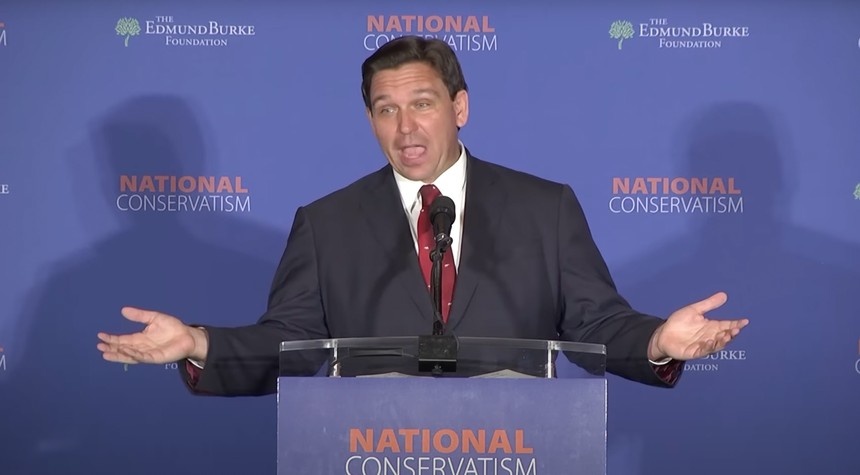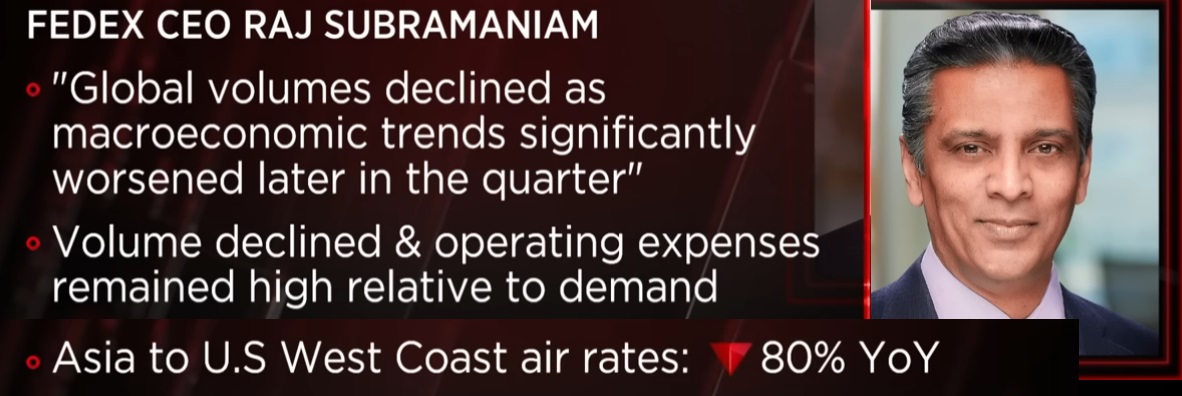The Biden administration cannot use the documents the FBI seized from Donald Trump’s Mar-a-Lago home for criminal investigative purposes until a special master completes an independent review of the material, a federal judge held on Thursday.
That decision and the court’s selection of Trump’s preferred special master candidate, coupled with the fulsome review process adopted yesterday by presiding Judge Aileen Cannon, represent a huge victory for the former president. But Trump’s win shouldn’t be a loss for the Department of Justice—unless the Biden administration played fast and loose with the facts and seeks to hide the truth from the country to launch an October surprise.
During the August 8, 2022, Mar-a-Lago raid, the FBI seized more than 11,000 documents, as well as clothing and other items from the Trumps’ home. On September 5, 2022, Judge Cannon, a Trump appointee, granted the former president’s request for the appointment of a special master to review the seized property. That order left open several issues, however, including the identity of the special master and the process and timing for the review.
Pending the special master’s review of the seized material, Judge Cannon also entered an injunction prohibiting the government from using the documents “for criminal investigative purposes. Three days later, the DOJ filed a notice of appeal, announcing its intent to ask the Eleventh Circuit Court of Appeals to overturn Cannon’s injunction.
The DOJ simultaneously filed a partial motion to stay with the trial court, asking Cannon to put on hold her ruling as to the documents marked classified. Specifically, the DOJ asked the court to hold that while its appeal proceeds, it need not provide documents marked as classified to the special master for review. The DOJ also asked the court to allow it to use the documents marked classified as part of its criminal investigation during the pendency of the appeal.
Judge Cannon denied the government’s request for a stay late Thursday. In a ten-page order, she explained her reasoning, noting first that in seeking a stay related to the documents marked classified, the DOJ effectively asks the court to accept at face value the government’s representations that “all of the approximately 100 documents isolated by the Government (and ‘papers physically attached to them’) are classified government records.” The court was unwilling to accept the government’s representation “without further review by a neutral third party in an expedited and orderly fashion.”
In rejecting the DOJ’s motion, Cannon further noted she was “not persuaded that the Government will suffer an irreparable injury without the requested stay.” Here, the court noted that while the DOJ framed its request as necessitated by urgent national security needs, the government has not identified any “emergency” or any likely “imminent disclosure of classified information arising from Plaintiff’s allegedly unlawful retention of the seized property.” On the contrary, the only disclosures seen to date, Cannon stressed, were the “unfortunate” “leaks to the media after the underlying seizure.”
The court further found a stay unnecessary because the special master will be directed to prioritize the review of the approximately 100 documents marked as classified, which Judge Cannon did in a second order entered yesterday.
Cannon’s second order appointed Judge Raymond J. Dearie to serve as special master and established his responsibilities and other logistical duties. Trump proffered Dearie, a semi-retired senior judge for the Eastern District of New York, as one of two recommended candidates. Dearie’s recommendation raised some eyebrows given that Dearie, who had served for seven years on the Foreign Intelligence Surveillance Act or “FISA” court, had signed the fourth faulty Carter Page surveillance order that allowed federal intelligence agencies to spy on Trump’s administration and campaign.
While the DOJ objected to the other candidate proposed by Trump, the government agreed that Dearie would be acceptable. In accepting the special master assignment, Dearie, a Reagan appointee, signed a declaration attesting that he had no known conflicts of interest.
Wait, There’s More
The court’s selection of one of Trump’s preferred candidates to serve as special master represents but a sliver of Judge Cannon’s Thursday order, with the remainder of the detailed order providing several additional positives for Trump.
First, Cannon directed Dearie to “review all of the materials” seized during the Mar-a-Lago raid, something the DOJ desperately wanted to avoid, especially for the documents it segregated as marked classified.
Second, Dearie must verify that the property listed in the “Detailed Property Inventory” “represents the full and accurate extent of the property seized.” Here Cannon suggests that Dearie may consider obtaining sworn affidavits from individuals involved in the raid. While not a failsafe, the sworn affidavits will lessen the chance that agents omitted (or added) items from the property inventory list.
Judge Cannon also directed the special master to review the documents for privilege, including for formal assertions of “executive privilege.” This represents another victory for Trump because the DOJ has been adamant that Trump has no right to assert “executive privilege.” But without knowing what documents the DOJ has, Trump lacks the ability to develop an argument that he retains some vestiges of executive privilege.
Knowing what documents the DOJ has, in fact, proves the biggest victory for Trump from yesterday’s order. Cannon ensured that Trump’s legal team can learn the specifics of what was seized, with, most significantly, the court ordering the DOJ to make any documents with classification markings to be made available “for inspection by Plaintiff’s counsel, with controlled access conditions (including necessary clearance requirements) and under the supervision of the Special Master.” The government must also provide copies of all other documents to Trump’s lawyers and for nondocumentary items, the DOJ must make them available to Trump’s attorneys for inspection.
Not only will Trump’s attorneys be entitled to review the totality of the material, then, but Judge Cannon’s order also directs the lawyers to provide their position on which of four categories each item seized falls into: 1) personal items and documents not claimed to be privileged; 2) personal documents claimed to be privileged; 3) presidential records claimed to be privileged; and 4) presidential records not claimed to be privileged. Then the special master will make recommendations on areas of disagreement for Judge Cannon to decide.
The court also directed the special master and the parties to prioritize the documents marked classified—the point Judge Cannon noted further justified her denial of the DOJ’s motion to stay. The entirety of the review must be completed by November 30, 2022, according to Judge Cannon’s order.
While Dearie could complete his review before November 30, 2022, that hard deadline suggests the court is cognizant of the possibility the DOJ intends to use the raid of Trump’s home and future developments in their criminal investigation as an October surprise. Putting the deadline for the special master’s review of the documents after the midterm elections lessens the chance that the Biden administration can use its investigation of Trump to interfere in the elections.
Letting Trump Know What They Took
Allowing Trump’s attorneys to review the materials seized also serves as a check on the politicization seen by the leaks. Now, if leakers wrongly spin the material seized as heavily classified documents related to nuclear secrets, Trump’s legal team will have the knowledge necessary to push back against the narrative. That alone is well worth the cost of admission, as Trump must fund the entirety of the special master work, per yesterday’s court order.
The Biden administration does not want Trump to know what the FBI seized, especially if what his lawyers discover is that all the documents marked classified were previously declassified, just as Trump has maintained. And the government has already promised to seek a stay from the Eleventh Circuit Court of Appeals to halt the special master’s review of the documents marked classified.
But given the speed with which the process can progress now, the DOJ’s effort to obtain a stay based on a supposed national security emergency proves unpersuasive. How the Eleventh Circuit will rule on both the motion to stay and the underlying appeal remains to be seen, but what is obvious to anyone looking is that the Biden administration does not want anyone to know what is in the documents. And that suggests a further setup for Trump.













